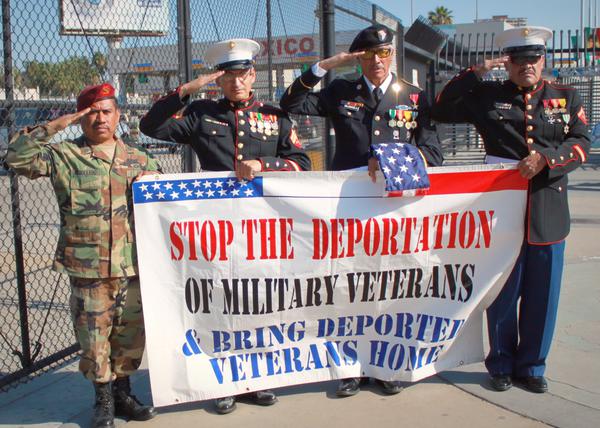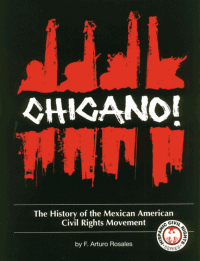When serving in the U.S. military isn’t enough to prevent deportation

*It’s estimated that there are 2000 deported U.S. veterans living in northern Mexico. After the end of the Vietnam war the U.S. no longer offered naturalization upon enlistment and completion of boot camp. The ban was in place until 2009. The deported veterans served in those gap years. VL
 By Nigel Duara, The Los Angeles Times
By Nigel Duara, The Los Angeles Times
When they pushed him off the prison bus into the swirling dust of the U.S.-Mexico border, they gave him only one instruction: Run.
He watched the other inmates scamper in all directions across the line dividing Laredo, Texas, from Mexico. This is how it ends, he thought to himself, after three honorable years of service in the U.S. Navy and one serious run-in with the law, he was being set adrift, here in a deadly Mexican border town hundreds of miles from home.
So he ran.
See more NewsTaco stories on Facebook >>
Juan Valadez once embraced the Navy’s ideals: Be your best, serve with honor, protect your country. But because he was born in Mexico and taken to the U.S. as an infant, his pact with America when he joined the military came with a catch: If he ever was convicted of a felony, he would be deported.
The only legal way to return would be in a casket — a final mercy the U.S. government grants veterans who die after deportation.
“They’ll take you back once it’s not no good to you anymore,” Valadez said.
Click HERE to read more.
[Photo courtesy of nacla]
Suggested reading


